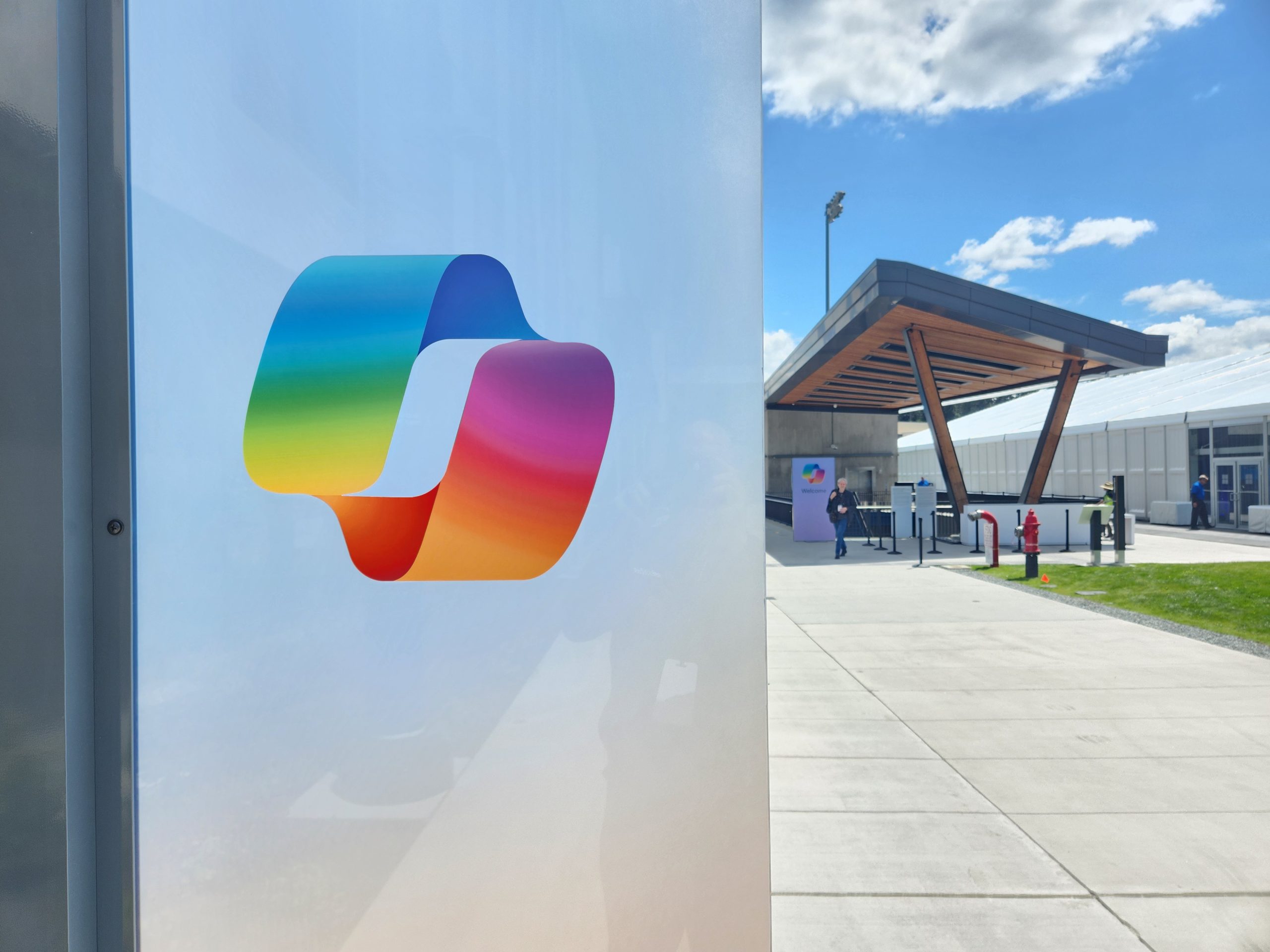Tech
Microsoft Copilot+ PCs: Could this be the AI computer revolution we’ve been seeking?

Microsoft and major PC makers have recently introduced a new line of personal computers called Copilot+ PCs, which incorporate artificial intelligence directly into the devices. This new architecture includes neural processing units (NPUs) that promise better performance, longer battery life, and local AI processing to unlock new capabilities and features. Stefan Weitz, an investor and entrepreneur who worked at Microsoft for 18 years, is optimistic about the potential of these Copilot+ PCs to enhance the computing experience and encourage Windows PC users to upgrade their machines.
Weitz, who is the founder of the HumanX conference on AI, believes that the new Copilot+ PCs represent a significant milestone for Microsoft’s flagship operating system. These devices have the potential to revolutionize the way users interact with their computers and leverage AI technologies for a more seamless experience. However, the introduction of Copilot+ PCs has also raised concerns about security and privacy, particularly regarding the “Recall” feature that captures regular screenshots of user activity on the machine. Despite the company’s reassurances about security controls, users will need to carefully consider their privacy settings when setting up a new Copilot+ PC.
To address potential security and privacy concerns, Microsoft has released an FAQ outlining the control measures available to users. While the company emphasizes the security features built into the Copilot+ PCs, it is essential for users to understand the implications of the Recall feature and its impact on their privacy. By providing users with clear information about how their data is collected and utilized, Microsoft aims to alleviate any apprehensions about incorporating AI technologies into personal computers. This transparency is crucial for fostering trust among consumers, especially as AI continues to play a prominent role in everyday computing tasks.
Weitz also highlights some of his favorite AI tools, such as Cleft Notes and Read AI, which can enhance productivity and streamline workflow processes. These tools demonstrate the practical applications of AI in various industries, showcasing the versatility and efficiency of AI technologies. As AI becomes increasingly integrated into everyday life, it is essential for users to explore the possibilities of AI tools and how they can optimize their computing experience. By embracing AI technologies, individuals can leverage the power of machine learning and neural processing units to unlock new capabilities and enhance their productivity in the digital age.
Overall, the introduction of Copilot+ PCs represents a significant advancement in the integration of artificial intelligence into personal computers. With the inclusion of NPUs and local AI processing, these devices offer improved performance, longer battery life, and innovative features that transform the computing experience. As consumers navigate the evolving landscape of AI technologies, it is crucial for them to stay informed about the security and privacy implications of these advancements. By understanding how AI is incorporated into personal computers and the safeguards in place to protect user data, individuals can make informed decisions about embracing AI technologies and maximizing the potential of their computing devices.

-

 News6 days ago
News6 days agoHouthis in Yemen arrest 11 UN employees and aid workers
-

 Auto6 days ago
Auto6 days agoFerrari intends to continue producing V-12 engines until they are prohibited by law.
-

 News7 days ago
News7 days agoPhoto: 12-year-old machete murderer seen with 16-inch knife in his pants before fatal stabbing
-

 Videos7 days ago
Videos7 days agoTop 10 WWE NXT moments: WWE Top 10, May 28, 2024
-

 News6 days ago
News6 days agoResurfaced Interview from 2023 Shows Biden Saying His Son ‘Did Nothing Wrong’ Despite Guilty Verdict
-

 News5 days ago
News5 days agoDid Luke D’Wit, the killer of fentanyl, also murder his father and grandfather? Police investigate their deaths after the 34-year-old was convicted of poisoning a married couple in their £1m home.
-

 News7 days ago
News7 days agoLive Updates from Apple WWDC 2024: Expected Announcements Such as iOS 18, AI Features and More
-

 News7 days ago
News7 days agoHistory of the Stone Pony Music Venue Explored in New Book









